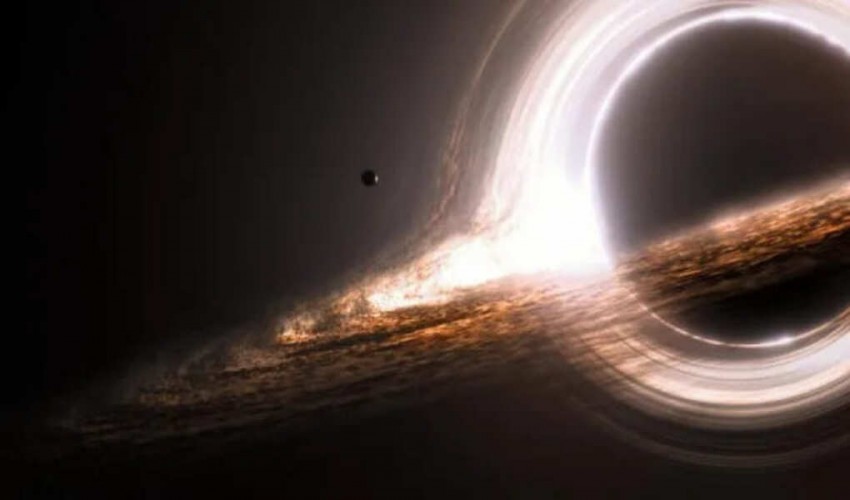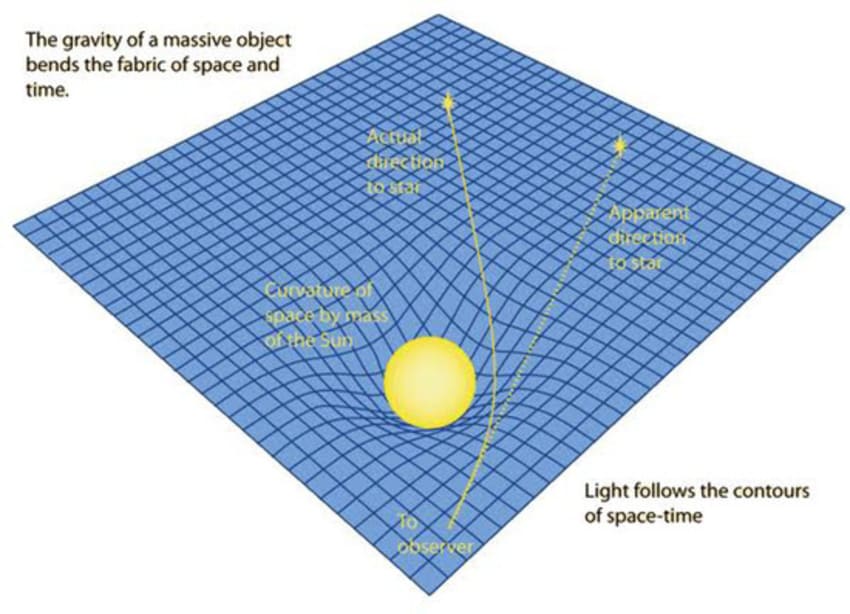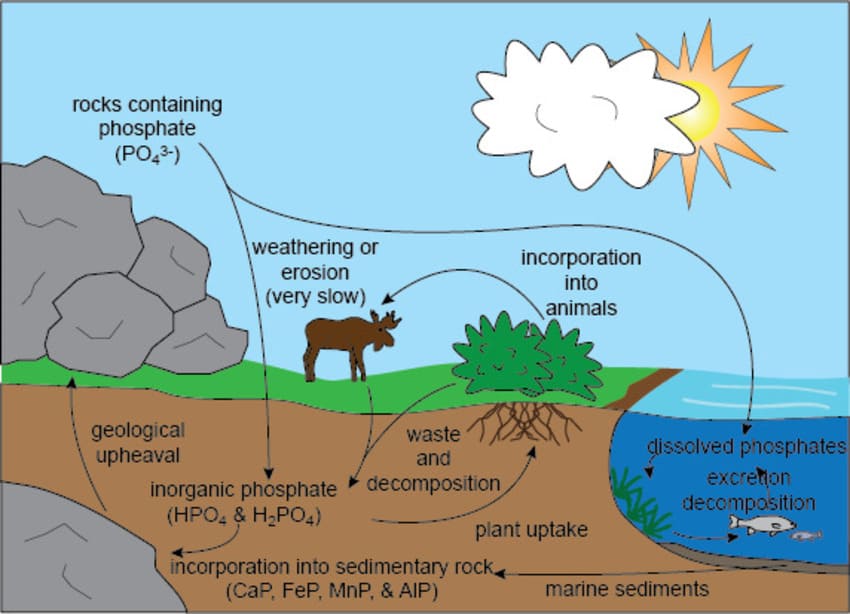Modern physics
12
Black holes eliminate paradoxes by annihilating quantum states.
- Rating
- physicists
- gravity
- theories
- physics
- theory
- experiments
- particles
- paradox
- universe
Experts warn against doing quantum experiments in close proximity to black holes since their existence destroys all local quantum states.
Physicists revealed the result on April 17 at a conference of the American Physical Society, claiming that it stems from a thought experiment that puts the principles of quantum physics and black holes against each other. Researchers found that any quantum experiment performed close to a black hole might create a paradox in which the black hole discloses knowledge about its inside, which is against the laws of physics. The group claims that the dilemma may be resolved if all nearby quantum states are instantly annihilated by the black hole.
Future quantum gravity theories may need to account for the ramifications of such destruction. These sought-after theories attempt to reconcile general relativity, which explains the motion of mass on cosmic scales, with quantum mechanics, which governs the behavior of subatomic particles.
According to Princeton University theoretical physicist Gautam Satishchandran, "the idea is to use properties of the [theories] that you understand, which [are] quantum mechanics and gravity, to probe aspects of the fundamental theory," which is quantum gravity.
Here is how Satishchandran and two other University of Chicago theoretical physicists, Daine Danielson and Robert Wald, did it.
If the black hole takes on the role of a "observer," the contradiction disappears.
The group then conjectured that this contradiction may be resolved as follows: whether or not Bob is present, the black hole still causes the quantum state of Alice's particle to collapse. "It must be that there's an effect that no one has calculated in these theories that comes to the rescue," argues Danielson.
The fact that charged particles generate light when disturbed proved to be the saving factor. The researchers demonstrated that Alice's particle, no matter how meticulously she sets up her experiment, would always release a little bit of radiation when she moves it. Depending on where Alice's particle travelled, the radiation's electromagnetic field will be different.
The black hole will see the difference when the radiation passes its event horizon, essentially destroying the particle's quantum state.
"The horizon actually 'knows' which way the particle went," explains Satishchandran in a mathematical sense. By placing the responsibility on the black hole rather than on Bob, Alice is able to put an end to the dilemma.
They developed the concept further as a group. The same thing takes place if Alice's particle is a graviton, a particle of gravity, as if it were an electron. The scientists also announced at the same symposium that Alice's particle would still collapse if the horizon in issue is not a black hole's event horizon but rather the cosmic horizon marking the boundary of the observable universe.All of this must be included into quantum gravity models.
The researchers explain that the purpose of their thought experiment is not to provide a full theory of quantum gravity, but rather to provide a framework into which any future theory must fit.
We're not here to construct quantum gravity theories, as Satishchandran puts it. However, "we would like... to provide benchmarks," which will hopefully reveal more about the underlying structure of such theories.
Alex Lupsasca, a physicist at Vanderbilt University in Nashville who was not involved in the work, says that it is unclear how to go from here to a comprehensive theory. However, the possibility that black holes can perform the role of quantum observers is intriguing in and of itself.
"I think it's a true fact that has to be part of the eventual theory of quantum gravity," he adds of this possibility. "But whether it's a crucial clue that we're gleaning along the way to the final theory of quantum gravity, or whether it's just an interesting detour on the path to uncovering that theory, is unknown."
Leave a Reply
Your email address will not be published. Required fields are marked *


